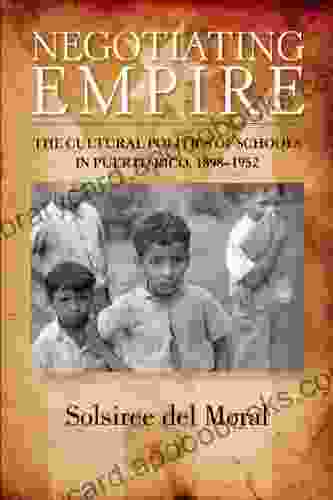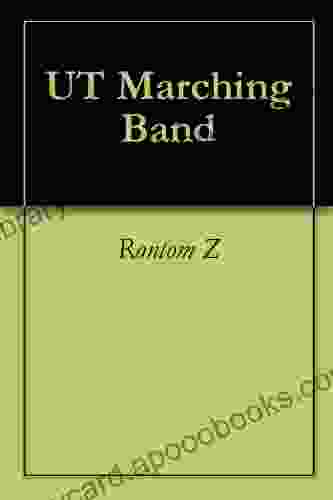The Cultural Politics of Schools in Puerto Rico, 1898-1952: Unveiling the Hidden Truths

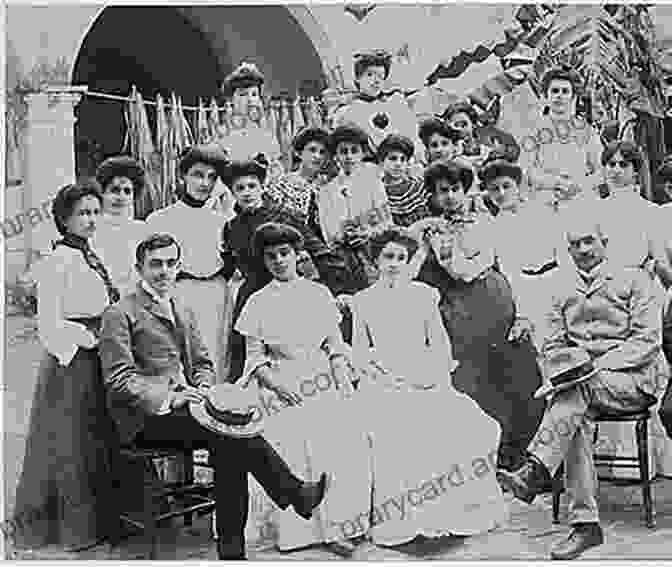
5 out of 5
| Language | : | English |
| File size | : | 2508 KB |
| Text-to-Speech | : | Enabled |
| Enhanced typesetting | : | Enabled |
| Word Wise | : | Enabled |
| Print length | : | 244 pages |
| Paperback | : | 162 pages |
| Item Weight | : | 10.7 ounces |
| Dimensions | : | 6 x 0.41 x 9 inches |
| Screen Reader | : | Supported |
The history of Puerto Rican education is a multifaceted narrative intertwined with the island's complex political and cultural landscape. From the imposition of American colonial rule in 1898 to the gradual shift towards self-governance in the mid-20th century, Puerto Rican schools served as a contested terrain where cultural and political forces collided. This article examines the intricate dynamics of the cultural politics of schools in Puerto Rico between 1898 and 1952, shedding light on the profound impact these institutions had on the formation of Puerto Rican identity and the island's ongoing struggle for autonomy.
The Colonial Crucible: Americanizing Puerto Rican Education
Following the Spanish-American War, Puerto Rico became a U.S. territory, marking a significant turning point in the island's educational trajectory. The new colonial administration embarked on a mission to transform Puerto Rican society through a comprehensive educational program aimed at assimilating the island's population into American culture.
Under the direction of Commissioner of Education Samuel McCune Lindsay, American educators introduced a curriculum heavily influenced by the principles of efficiency and standardization. English became the primary language of instruction, replacing Spanish, and textbooks and teaching methods were imported from the United States. The goal was to create a new generation of Puerto Ricans who were fluent in English, familiar with American history and values, and loyal to the United States.
However, the imposition of American educational policies met with resistance from many Puerto Ricans, who viewed the assimilationist agenda as a threat to their cultural identity. Local educators and intellectuals protested the suppression of Spanish language and culture, arguing that it undermined the island's unique heritage and stifled the development of a distinct Puerto Rican identity.
The Struggle for Cultural Preservation
In response to the challenges posed by Americanization, Puerto Rican educators and activists launched a multifaceted campaign to preserve and promote the island's cultural heritage within the educational system. They established bilingual schools, published Spanish-language textbooks, and organized cultural programs to instill a sense of pride in Puerto Rican history, literature, and traditions.
One of the most prominent figures in this movement was University of Puerto Rico professor Pedro Albizu Campos. A staunch advocate for Puerto Rican independence, Albizu Campos denounced the colonial education system as a tool of cultural genocide. He established the Nationalist Party in 1922 and used his platform to mobilize support for educational autonomy and the revitalization of Puerto Rican culture.
The efforts of Albizu Campos and other cultural activists had a profound impact on Puerto Rican education. By the mid-20th century, there was a growing recognition of the importance of preserving and nurturing the island's cultural heritage within the educational system. This shift in perspective paved the way for a more inclusive and culturally sensitive approach to education in Puerto Rico.
Education and National Identity
As Puerto Rico moved towards greater autonomy in the mid-20th century, the role of education in shaping national identity became increasingly important. Schools played a crucial role in fostering a sense of Puerto Rican nationhood and in promoting the development of a distinct Puerto Rican culture.
The of Puerto Rican history, literature, and music into the curriculum helped to cultivate a sense of pride in the island's past and its rich cultural traditions. Moreover, the use of Spanish as the primary language of instruction in many schools contributed to the preservation and revitalization of the Puerto Rican language, a key element of the island's cultural identity.
The cultural politics of schools in Puerto Rico during this period were complex and dynamic. On the one hand, there was a desire to maintain the island's unique cultural traditions and to foster a sense of Puerto Rican nationhood. On the other hand, there was also a recognition of the importance of preparing Puerto Rican students for participation in a globalized world.
The history of Puerto Rican education is a testament to the power of education to shape cultural and political identities. The transformative years between 1898 and 1952 saw a clash between American assimilationist policies and the resilient efforts of Puerto Ricans to preserve their cultural heritage. Through a careful examination of this period, we gain a deeper understanding of the complex and often contradictory ways in which education can be used to both promote and undermine cultural and political autonomy.
The legacy of the cultural politics of schools in Puerto Rico continues to influence education on the island today. The ongoing debates over language policy, curriculum content, and the role of education in shaping national identity reflect the enduring tensions between assimilation and cultural preservation that have characterized Puerto Rican education for over a century.
By shedding light on the hidden truths of the past, this article provides valuable insights into the ongoing struggle for cultural and political autonomy in Puerto Rico and the critical role that education plays in that struggle.
5 out of 5
| Language | : | English |
| File size | : | 2508 KB |
| Text-to-Speech | : | Enabled |
| Enhanced typesetting | : | Enabled |
| Word Wise | : | Enabled |
| Print length | : | 244 pages |
| Paperback | : | 162 pages |
| Item Weight | : | 10.7 ounces |
| Dimensions | : | 6 x 0.41 x 9 inches |
| Screen Reader | : | Supported |
Do you want to contribute by writing guest posts on this blog?
Please contact us and send us a resume of previous articles that you have written.
 Book
Book Novel
Novel Page
Page Chapter
Chapter Text
Text Story
Story Genre
Genre Reader
Reader Library
Library Paperback
Paperback E-book
E-book Magazine
Magazine Newspaper
Newspaper Paragraph
Paragraph Sentence
Sentence Bookmark
Bookmark Shelf
Shelf Glossary
Glossary Bibliography
Bibliography Foreword
Foreword Preface
Preface Synopsis
Synopsis Annotation
Annotation Footnote
Footnote Manuscript
Manuscript Scroll
Scroll Codex
Codex Tome
Tome Bestseller
Bestseller Classics
Classics Library card
Library card Narrative
Narrative Biography
Biography Autobiography
Autobiography Memoir
Memoir Reference
Reference Encyclopedia
Encyclopedia Stefanie Hohl
Stefanie Hohl Richard D Smith
Richard D Smith Amy Harmon
Amy Harmon Dan Hancox
Dan Hancox William E Lewis
William E Lewis Kevin Merida
Kevin Merida Niomie Roland
Niomie Roland Harold M North
Harold M North Andrea Bianchini
Andrea Bianchini Jane Watt
Jane Watt Amanda Zieba
Amanda Zieba Ananyo Bhattacharya
Ananyo Bhattacharya Andie Solar
Andie Solar S D Huston
S D Huston Amy E Rogers
Amy E Rogers John L Rury
John L Rury Amy Louise Wood
Amy Louise Wood Amy Conley Wright
Amy Conley Wright Bettina L Love
Bettina L Love Ambreen Razia
Ambreen Razia
Light bulbAdvertise smarter! Our strategic ad space ensures maximum exposure. Reserve your spot today!

 Doug PriceUnveiling the Secrets: The Essential Guide to Navigating the Musical Journey...
Doug PriceUnveiling the Secrets: The Essential Guide to Navigating the Musical Journey...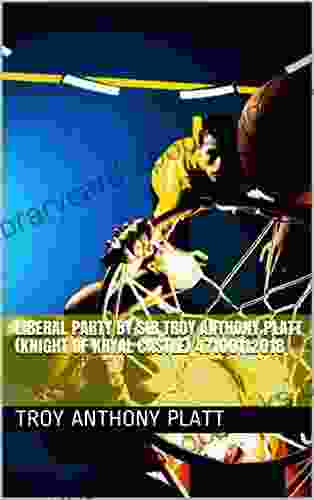
 Holden BellUnveiling the Secrets of the 27 Liberal Party: A Comprehensive Guide by Sir...
Holden BellUnveiling the Secrets of the 27 Liberal Party: A Comprehensive Guide by Sir...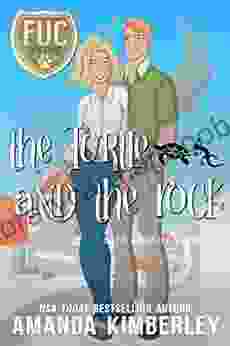
 Jarrett BlairUnleash the Power Within: Embark on an Unforgettable Journey with "The Turtle...
Jarrett BlairUnleash the Power Within: Embark on an Unforgettable Journey with "The Turtle... Kazuo IshiguroFollow ·13.6k
Kazuo IshiguroFollow ·13.6k Davion PowellFollow ·5.3k
Davion PowellFollow ·5.3k William WordsworthFollow ·10.8k
William WordsworthFollow ·10.8k Ernest HemingwayFollow ·2.2k
Ernest HemingwayFollow ·2.2k Cormac McCarthyFollow ·16.4k
Cormac McCarthyFollow ·16.4k Cruz SimmonsFollow ·14.3k
Cruz SimmonsFollow ·14.3k Theo CoxFollow ·17.1k
Theo CoxFollow ·17.1k Dean ButlerFollow ·12.5k
Dean ButlerFollow ·12.5k
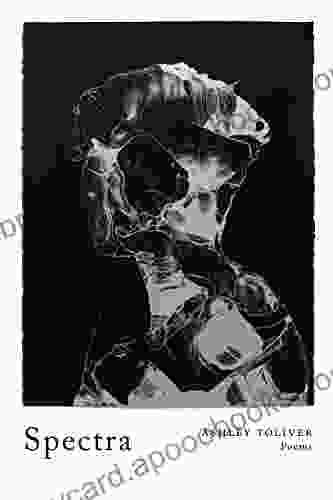
 Roald Dahl
Roald DahlImmerse Yourself in a Mesmerizing Tapestry of Creativity:...
Prepare to be captivated by "Spectra," an...

 Clarence Brooks
Clarence BrooksUnleash Your Inner Taylor with Red Piano Vocal Guitar:...
Embrace the Red Era...
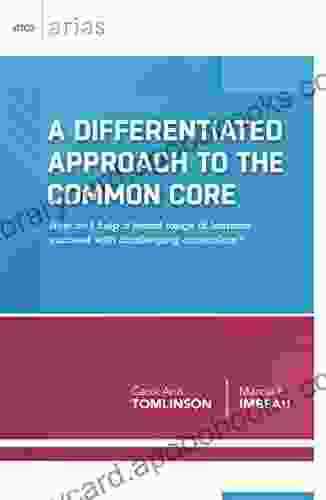
 Jeffrey Hayes
Jeffrey HayesUnlock Your Child's Academic Potential: A Comprehensive...
In today's rapidly changing...
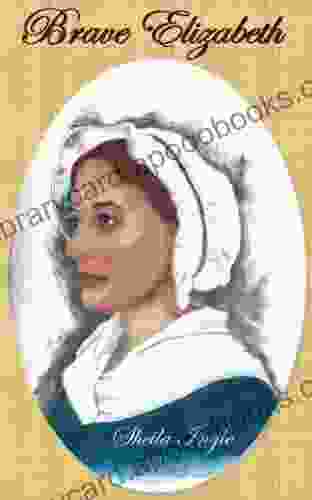
 William Golding
William GoldingBrave Elizabeth: A Captivating Tale of Resilience and...
Immerse Yourself in a Riveting Historical...

 Curtis Stewart
Curtis StewartUnveiling the Heartfelt Melodies of Taylor Swift: A...
Step into the enchanting world of Taylor...
5 out of 5
| Language | : | English |
| File size | : | 2508 KB |
| Text-to-Speech | : | Enabled |
| Enhanced typesetting | : | Enabled |
| Word Wise | : | Enabled |
| Print length | : | 244 pages |
| Paperback | : | 162 pages |
| Item Weight | : | 10.7 ounces |
| Dimensions | : | 6 x 0.41 x 9 inches |
| Screen Reader | : | Supported |


